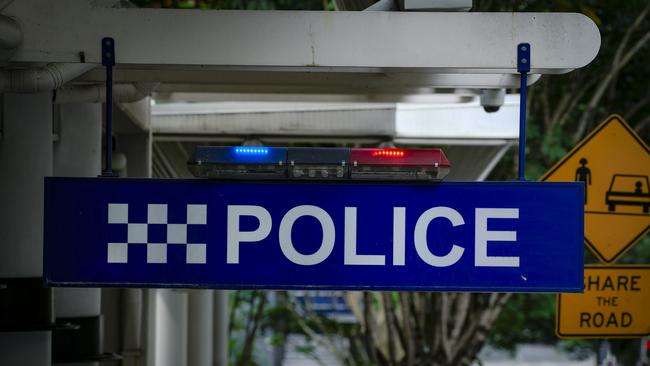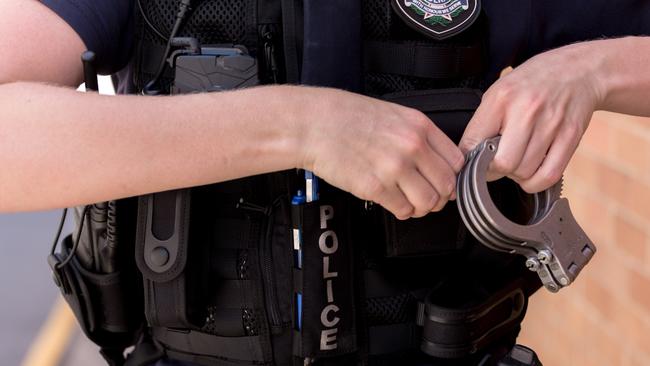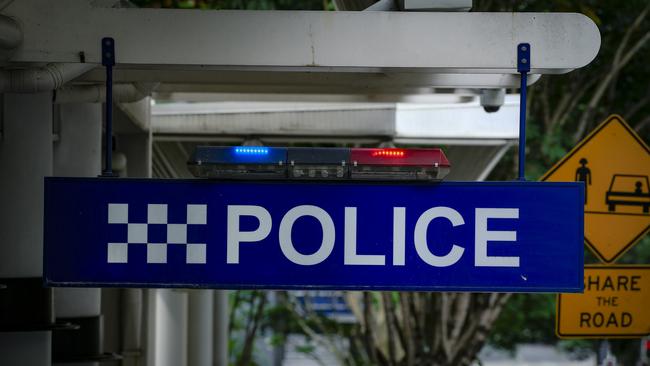JCU’s Jennifer Gaskin: How mindfulness is helping stop police burnout in Queensland
Anxiety and poor sleep are two critical factors driving police officer burnout but mindfulness meditation is showing significant promise as a remedy, according to new research from JCU.

Cairns
Don't miss out on the headlines from Cairns. Followed categories will be added to My News.
Anxiety and poor sleep are two critical factors driving police officer burnout but mindfulness meditation is showing significant promise as a remedy, according to new research from James Cook University.
Studies from 11 countries, including the USA, Spain, the Netherlands, Germany and Brazil, found structured meditation practices can significantly reduce anxiety and improve sleep quality among officers.
PhD candidate Jennifer Gaskin is leading the study at JCU and her mission is deeply personal.
“Part of the reason this study came about is I’m from a policing family,” she said.

“My dad was a police officer and my partner is a former police officer. Most of my friends are police officers. I’ve seen the impact stress can have time and time again.”
Ms Gaskin said there were unique stressors police officers faced, particularly those related to domestic violence call-outs.
“The emotional toll from attending these scenes is significant,” she said.
This emotional burden, coupled with the demands of shift work and administrative pressures, contributes to the rapid build-up of chronic stress, which can lead to severe mental health issues.
However, she has found the eight-week mindfulness-based interventions have a “small to moderate effect” in reducing overall stress and improving mental health among officers.

These programs include practices such as focused attention meditation, body scan, walking meditation and yoga.
Her study is now focused on Australian officers and explores how these programs could prevent burnout before officers reach crisis point.
It also includes factors such as whether the officer is stationed in metropolitan, regional, rural or remote localities, and how long a participant has served as a police officer.
“We include questions on policing administrative processes, leadership inconsistencies, the court system and what we call operational stress – so things like shift work and exposure to trauma,” Ms Gaskin said.
She hopes these studies can aid in reducing stress and help police officers continue in their work for longer.
A Queensland Police spokesman said the force was acutely aware of the stress burden on its officers.
“The safety and wellbeing of our workforce is paramount. Senior management is focused on ensuring staff are supported and feel supported,” he said.

QPS already offers support including access to psychologists, peer support officers and rehabilitation advisers.
“There are also policies and procedures in place to manage fatigue and burnout and support officers’ wellbeing,” the spokesman said.
This includes enhancing wellbeing support and redeploying resources to units experiencing the most demand.
The survey Ms Gaskin is conducting will provide valuable data on specific stressors faced by police in Australia.
Her aim is to turn her findings into tangible programs which can improve mental health.
“If we can increase officers’ mindfulness through mindfulness programs, then we’ll automatically see their stress and mental health improve,” she said.
Participation is open to all sworn police officers employed by an Australian police agency, or trainee, student police officers undertaking police recruitment or initial training with an Australian police agency.
The 20-minute survey is anonymous and can be accessed here. Or contact Jennifer Gaskin at jennifer.gaskin@my.jcu.edu.au.
More Coverage
Originally published as JCU’s Jennifer Gaskin: How mindfulness is helping stop police burnout in Queensland





